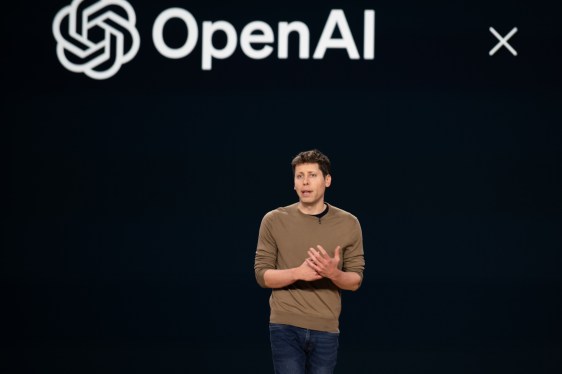This article discusses the challenges faced by ChatGPT, a popular AI chatbot developed by OpenAI, in replacing Google Search as the primary search engine. The author notes that while ChatGPT is excellent at answering complex questions and providing in-depth information, it struggles with short queries, which are a staple of web navigation.
The article highlights several reasons for this struggle:
- ChatGPT relies on Microsoft Bing: Unlike Google Search, which has its own proprietary algorithm, ChatGPT uses Microsoft Bing’s search engine, which is considered inferior.
- Large language models (LLMs) are not well-suited for short prompts: LLMs typically require fully written-out questions to produce effective answers, making it challenging for them to handle short queries.
To overcome these challenges, the author suggests that OpenAI might need to re-prompt short queries through an LLM as longer questions. This would allow ChatGPT to better understand the context and intent behind the query.
The article also mentions Perplexity, another AI search tool that is touted as a potential "Google killer." However, even Perplexity struggles with short queries, with its median number of words per query being around 10-11, compared to Google’s 2-3 words.
In conclusion, while ChatGPT and other AI search tools have made significant progress in providing valuable information, they still face challenges in replacing traditional search engines like Google. Until these tools can better handle short queries, Google will likely remain the primary search engine for web navigation.
Some possible follow-up questions or topics related to this article could include:
- How might OpenAI and other AI developers address the limitations of LLMs in handling short prompts?
- Will we see more development of specialized AI search tools that focus on specific types of queries, such as research or e-commerce?
- What are the implications for Google’s dominance in web navigation if AI search tools continue to improve?









